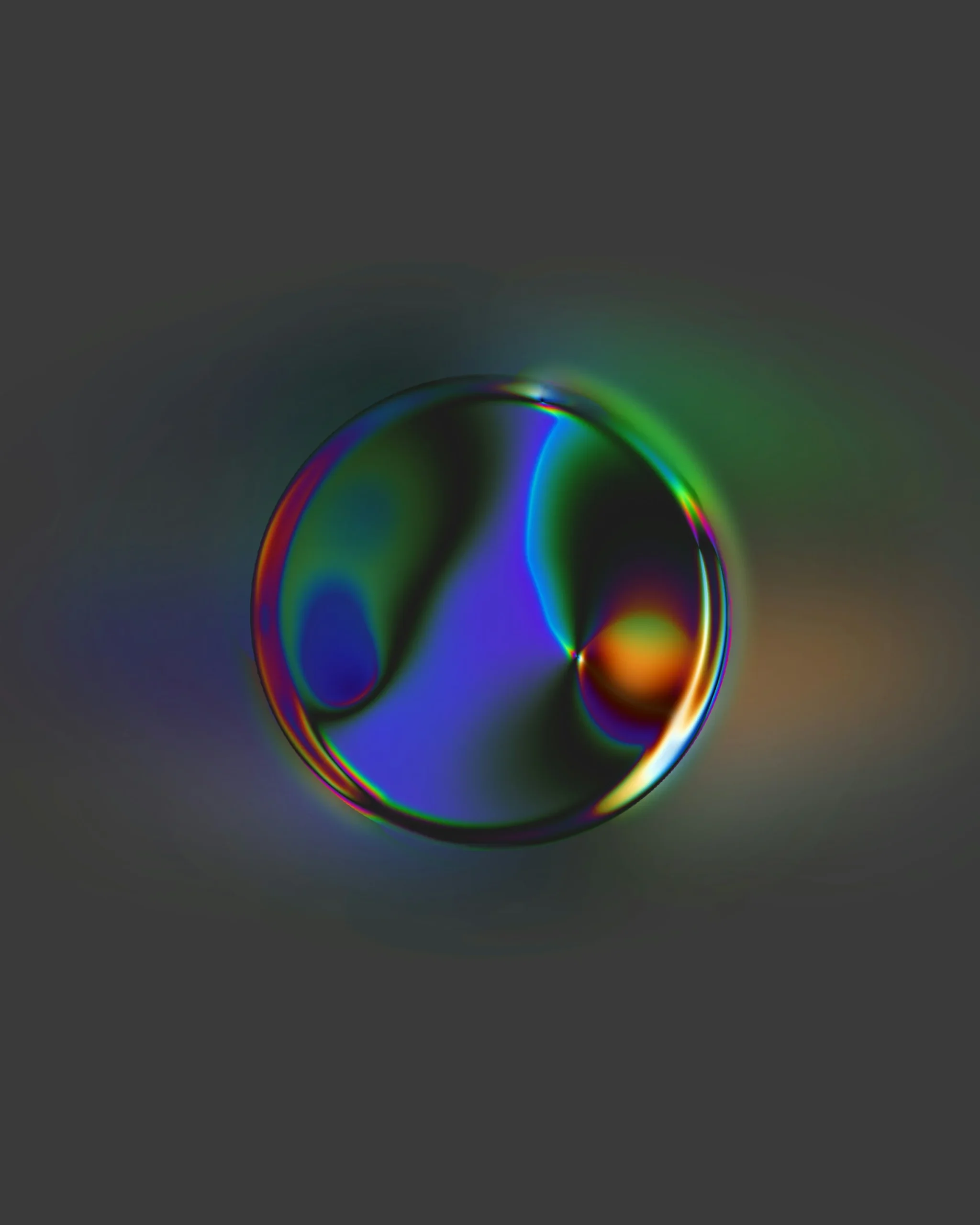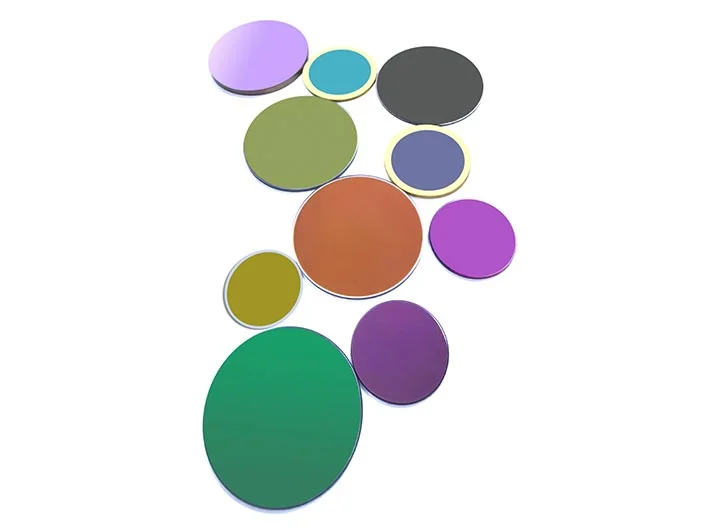Security cameras have changed a ton lately. They’ve gone from old-school analog to super smart AI-powered systems. People now expect them to work great, stay trusty, and show super clear pictures. One tiny part makes a big difference in all this: the infrared (IR) filter. You’ll find these in most top-notch security cameras. They’re super important for getting perfect images, whether it’s bright daytime or super dark nighttime.

Understanding Infrared Filters
What Are Infrared Filters?
Infrared filters are special bits that control infrared light. They either let it through or block it, depending on what’s needed. In security cameras, they usually let regular light pass during the day but block near-infrared (NIR) light. At night, they switch to let IR light in. This double-job trick is key for cameras that work great day and night.
Why Do Security Cameras Need IR Filters?
Camera sensors, like CMOS and CCD, can see both regular and infrared light. Without a filter, infrared light messes up colors in daylight. Pictures might look reddish or faded. IR filters fix this. They block NIR during the day for true colors. At night, they let IR light shine through, especially with infrared LEDs for night vision.
How Infrared Filters Work in Surveillance Systems
Splitting Light for Better Pictures
An IR-cut filter, or IR-blocking filter, sits in front of the camera’s sensor. It stops unwanted infrared light. This helps get super real colors during the day. At night, the filter moves out of the way. That lets infrared light light up the scene without regular light.
Switching Tricks: Fixed vs. Auto Filters
Fancy security cameras have a mechanical IR-cut filter. It switches on its own based on how bright it is. Some super cool models use electric magnets to swap filters without moving parts. This cuts down on wear and makes the camera last longer.
Types of Infrared Filters in Security Cameras
Bodian makes lots of IR filters for different camera needs:
Infrared Long Pass Filters (ILP)
These let infrared light above a certain point (like 800nm) pass through. They block regular light. They’re awesome for night vision.

Infrared Short Pass Filters (ISP)
These block infrared and let regular light through. They’re used in the daytime to make colors super accurate.
Infrared Bandpass Filters
These only let a specific chunk of infrared light pass. Bodian offers narrowband (HPB <6%) and broadband (>6%) kinds. They’re great for stuff like heat imaging or gas spotting.
Anti-Reflective IR Filters
These cut down on annoying reflections and ghost images. They’re super handy for things like face recognition or reading license plates.
Advanced Materials and Making Stuff
Bodian uses top-notch materials like germanium, silicon, zinc sulfide, and calcium fluoride for their filters. These are picked because they let infrared light through really well and stay tough in rough weather.
Coating Tricks
They use cool methods like magnetron sputtering and vacuum evaporation to put super thin layers on the filters. This makes sure:
- Even coatings
- Deep light blocking (OD6 or higher)
- High light passing (>90%)
- Toughness in crazy temperatures (-50°C to 200°C)
They test coatings with fancy machines like tAgilent Cary 5000, Agilent Cary7000, PerkinElmer Spectrum3 spectrometer measuring devices. This makes sure filters work great for UV, regular, and IR light.
Benefits of Infrared Filters in Security
Day/Night Vision Boost
Without infrared filters, cameras would struggle with light changes. Bodian’s filters help with:
- Sharp daytime colors
- Clear nighttime infrared pictures
- Smooth switching between day and night
Protecting Sensors
IR filters act like a shield for delicate camera sensors. They keep out too much heat or IR light that could hurt the sensor over time.
Saving Money
By filtering light just right, cameras use less power. They don’t need extra software fixes either. This means they last longer and cost less to keep up.
Where Infrared Filters Shine
Infrared filters are a big part of tons of security tech, like:
- CCTV and IP cameras in public spots
- Car cameras for night driving
- ANPR (Automatic Number Plate Recognition) for cops
- Smart home cameras with AI
- Heat imaging for factory safety
In all these, super precise filters mean better spotting, quicker reactions, and safer places.
Bodian: Leading with Cool Ideas
With over 40 years of work on optical thin film coatings, Bodian is a star in the filter world. They mix tons of know-how with all-in-one making to offer:
- Quick custom samples (1–2 weeks)
- Big batches with auto coating machines
- Global okay-stamps (ISO 9001, RoHS, REACH)
- Special filters for planes, hospitals, armies, and more
By always coming up with new ideas, Bodian helps customers worldwide make their cameras super clear and trusty.
What’s Next: Smart Cameras and Perfect Filters
As security cameras get smarter—with AI, multi-light sensors, and edge computing—IR filters will get even more important. Look out for:
- Filters that change light on the fly
- AI-controlled filter swaps
- Team-ups with face recognition and behavior tracking
Bodian is all in on making these happen with big-scale, super precise filter solutions for the next wave of smart cameras.
Extra Tips for Picking IR Filters
When choosing filters for your cameras, think about what you need. Night vision? Go for long pass filters. Daytime colors? Short pass is your buddy. For tricky stuff like reading plates, anti-reflective filters are a must. Bodian can tweak filters to fit your camera’s size, light needs, and case. Always check if filters match your local safety rules, like ISO or RoHS, to keep things legit.
Why Bodian Stands Out
Bodian isn’t just about making filters—they’re about making cameras better. Their team tests every filter like crazy to make sure it’s perfect. They use the best materials and machines to keep quality high. Plus, they’re super fast at turning your ideas into real filters. Whether you’re building cameras for homes, cars, or big cities, Bodian’s got the skills to make your project shine.
Conclusion
Infrared filters might be small, but they’re huge for security cameras. They’re the quiet heroes making sure cameras see right in sunlight or moonlight. With strong building, awesome materials, and smart designs, infrared filters aren’t just needed—they change the game.
If you want trusty, high-performing IR filters for your cameras, Bodian has the skills, custom options, and quality to meet even the toughest needs.
FAQs
Q1: How do infrared filters help night vision in security cameras?
A: They let near-infrared light (above 800nm) hit the sensor while blocking regular light. This gives clear pictures in the dark with IR lights.
Q2: Can IR filters be made special for certain cameras?
A: Yes! Bodian makes custom sizes, light ranges, materials, and coatings to fit all kinds of cameras and cases.
Q3: What’s the difference between bandpass and long-pass IR filters?
A: A bandpass filter lets a small slice of IR light through. A long-pass filter blocks short light and lets longer IR light pass. Each works for different sensing jobs.














